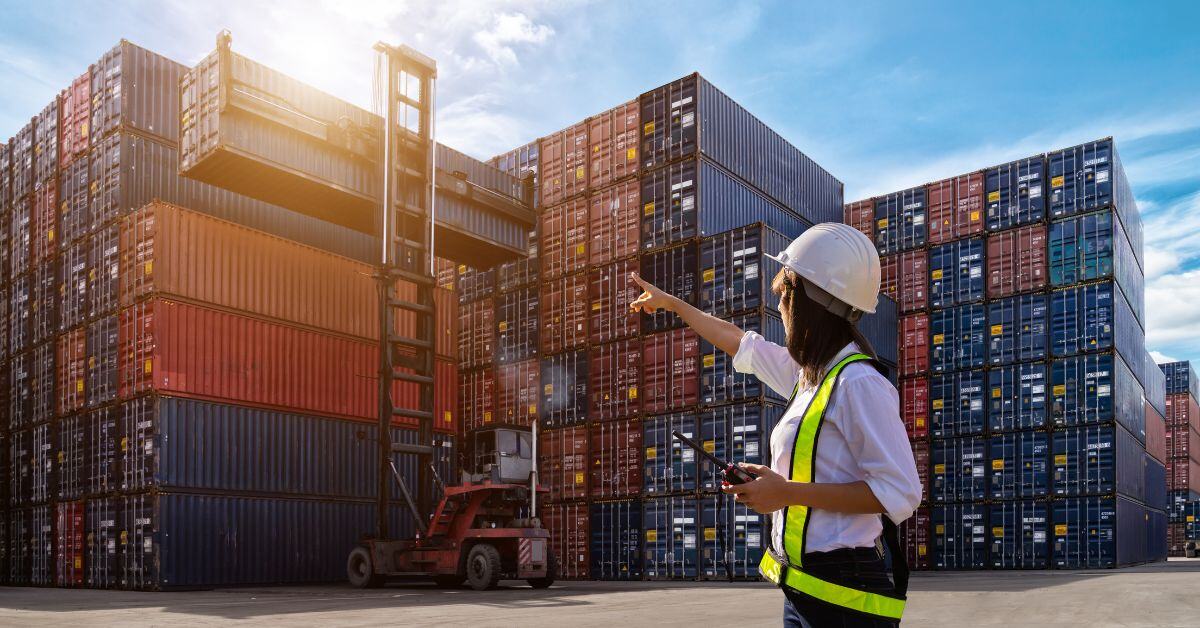Understanding the Transformation: Dried Pasta to Cooked Pasta Weight
Cooking pasta is an art that requires precision, and part of that precision lies in understanding...
Thank you for visiting us!
This website does not completely support on Internet Explorer. Please use another browser.
Apologies for inconvenience

As the UK races towards a general election, we consider how a change of government might impact food imports.
It’s about nine weeks since the Government’s Brexit import checks were imposed, leading to speculation about food shortages and rising costs. Meanwhile, this week UK voters head to the polls where – according to YouGov’s latest general election MRP model – Labour is set to win a record-breaking number of seats.
With the UK importing about 50% of its food, the policies and deals that our future leaders put in place are of paramount importance to the nation’s wealth and wellbeing.
As a food sourcing company that imports products from Italy to the UK, this affects us directly. We’ve counted the cost of Brexit import checks so far and studied the political parties’ election manifestos to assess the impact of a change of government on the UK’s food supply.
Here’s what we discovered:

What are the new import checks?
The Government states it is “strengthening its trade border to better detect pests and diseases from imported products”. As from 30 April this year, all products are graded as high, medium or low risk and subjected to import checks – adding new costs to importing FMCG. Atlante UK does not import high-risk products, which includes live animals. Checks on low-risk products have minimal additional costs, but they carry an additional admin burden.
Medium-risk products, such as eggs and some cheeses, must now go through a three-step process that includes vet checks and documentation, both of which add costs.
Any delays at the UK border could affect the freshness of products.
What has been the impact so far?
Atlante, our customers and our producers invested considerable time in preparation of the new checks. Since they came into force, we’ve experienced additional costs in 3 main areas:
We expect to have an additional £60,000 - £70,000 of costs, which we’re well set up to manage but will impact profitability and pricing. However, press reports suggest that smaller companies are already being adversely affected by the costs, and some EU suppliers are seeking alternative markets for their produce.
How might the outcome of the general election affect food imports?
All three main UK political parties stress they recognise “food security is national security”. They’ve set targets of half of all food across the public sector to be locally produced or sourced to the same standards as the UK’s. At the World Food Summit in 1996, food security was defined as ‘when all people, at all times, have physical, social, and economic access to sufficient, safe, and nutritious food that meets their dietary needs and food preferences for an active and healthy life’. More recently, food security has become more complex and explores the resilience of food production and supply chains as well as food safety.
British farmers are warning of exceptionally poor harvests this year after heavy rainfall and flooding, making the UK even more reliant on imported food. The new import controls will also make it more expensive for farmers to import seed potatoes and other crops.

What do the main political parties say?
Only the Conservative manifesto pledges legally binding targets to enhance food security.
The Liberal Democrats are believed to support similar food security targets to the Tories, but they are not set out explicitly in its manifesto. Labour promises to be a “pro-business and pro-worker” government, but its manifesto lacks detail when it comes to food and farming policy.
Labour has, however, promised to improve animal welfare and “help tackle the cost of food” by renegotiating the UK’s relationship with the EU. Labour would ban imports of foie gras if elected. The controversial food is produced in France by a force-feeding process that has been banned in the UK for more than a decade on animal welfare grounds.
The Lib Dem manifesto is the only document from the three main parties to call for a “strengthening of the Groceries Code Adjudicator, to protect consumers from unfair price rises and support producers”. The plan extends to merging the GCA with the government’s new Agricultural Supply Chain Adjudicator. Former NFU deputy president Stuart Roberts, who is standing for the Lib Dems in the Mid Bedfordshire constituency, describes the current structure as “unfair” to producers.
Whichever party leads the country after 4 July, Atlante UK will continue importing ambient and fresh goods across multiple categories, including ambient pasta, balsamic vinegar, tinned tomatoes, free-from pasta, free-from cereal, baby snacks, pesto, breadsticks, panettone, Italian cheeses, and fresh-filled pasta.

Cooking pasta is an art that requires precision, and part of that precision lies in understanding...
Is this as Fusili as it seems? The UK’s Italian delicatessens are stocking British pasta for...
Where’s Bruce Willis when you need him? Because the pasta sector could use a hero as it faces a...